No matter for work boots, rain boots or other types of boots, when it comes to choosing the right pair of boots, there are a lot of factors to take into account before making your purchase.
Boot width determines how much room your feet have inside the boot, and it can influence both the comfort level and the fit of the boot. Here in this blog, we will be taking a closer look at two common boot width sizes: D and EE.
What is “D” and “EE” in Boots?
To begin with, let’s define what each of these letters means.
US widths are classified into 9 categories, from the narrowest to the widest, i.e.: AAA, AA, A, B, C, D, E, EE, and EEE. A width of D is considered to be “medium” for men, while a width of B is considered to be medium for women.
D is considered as a standard width for men’s boots, and a wide size for women. Meanwhile, EE is usually referred to as the wider width size, and it is a size that is often referred to as “extra wide”.
The width of an E boot is usually 1/4″ wider than the width of a D boot, and the width of an EE boot is another 1/4″ wider than that; thus, EE boots typically have 1/2″ more width than D boots.
Although D is the most commonly sold boot width, those with wider feet might find that EE will provide a more comfortable fit for their boots.
What Size Is Right for You?
To find out how to choose the best size for your feet, you should consider:
Correct Feet Measurement
It is critical that you measure your feet before choosing the width size that will fit your feet the best. With the use of a ruler or tape measure, you can perform this task at home.
Measure the widest part of your foot, and then compare it with the sizing chart provided by the boot manufacturer.
It is generally recommended to choose the larger size if your measurement falls between two sizes, as it will ensure that you will be comfortable while wearing the boots.
You may also want to check: KalKal – Detailed Boot Size Guide.
Type of Activities
It is important to not only take measurements of your feet but also to take into account the type of activities that you will be doing in your boots. You may want to opt for a wider width if you anticipate doing a lot of standing or walking so that there will be more room and comfort for you while you are walking or standing.
For more strenuous activities, such as hiking, a tighter fit may be more appropriate to provide you with the support you need so that you can stay comfortable.
Foot Health
With a normal foot size, wearing a shoe with a wide fit could result in an uncomfortable fit. The wrong kind of shoes can be very painful, they can cause blisters and rubbing, and they can also make it difficult for you to walk properly. To ensure maximum comfort and safety, it is very important to ensure a good fit.
 The difference between a D and an EE boot width is now clear to you. It’s important to choose the right boot width in order to ensure both comfort and fit in your footwear.
The difference between a D and an EE boot width is now clear to you. It’s important to choose the right boot width in order to ensure both comfort and fit in your footwear.
To be sure you choose the right boot width for your foot type, you will need to determine the type of activities that you will engage in as well as the measurements of your feet.
Recommended Reading:
- How to Make Your Shoes and Boots Fit Better: 5 Simple Steps
- Can Hiking Boots Be Used as Work Boots
- How to Choose the Right Hunting Boots


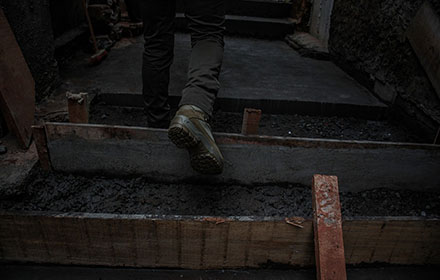

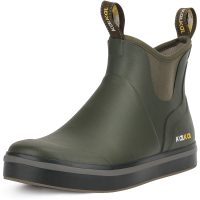
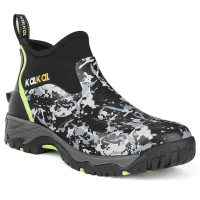

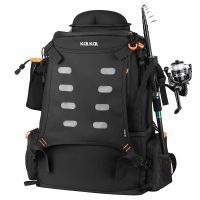





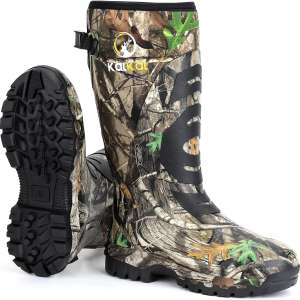
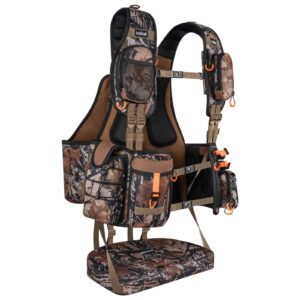
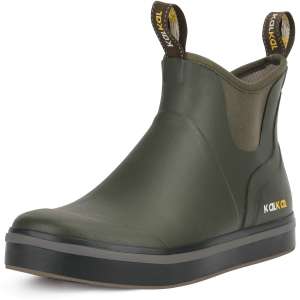
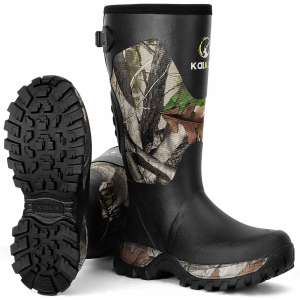
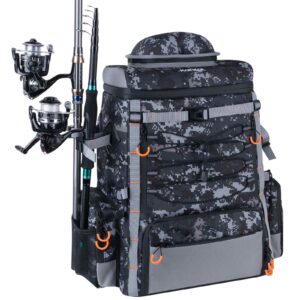


Leave a reply